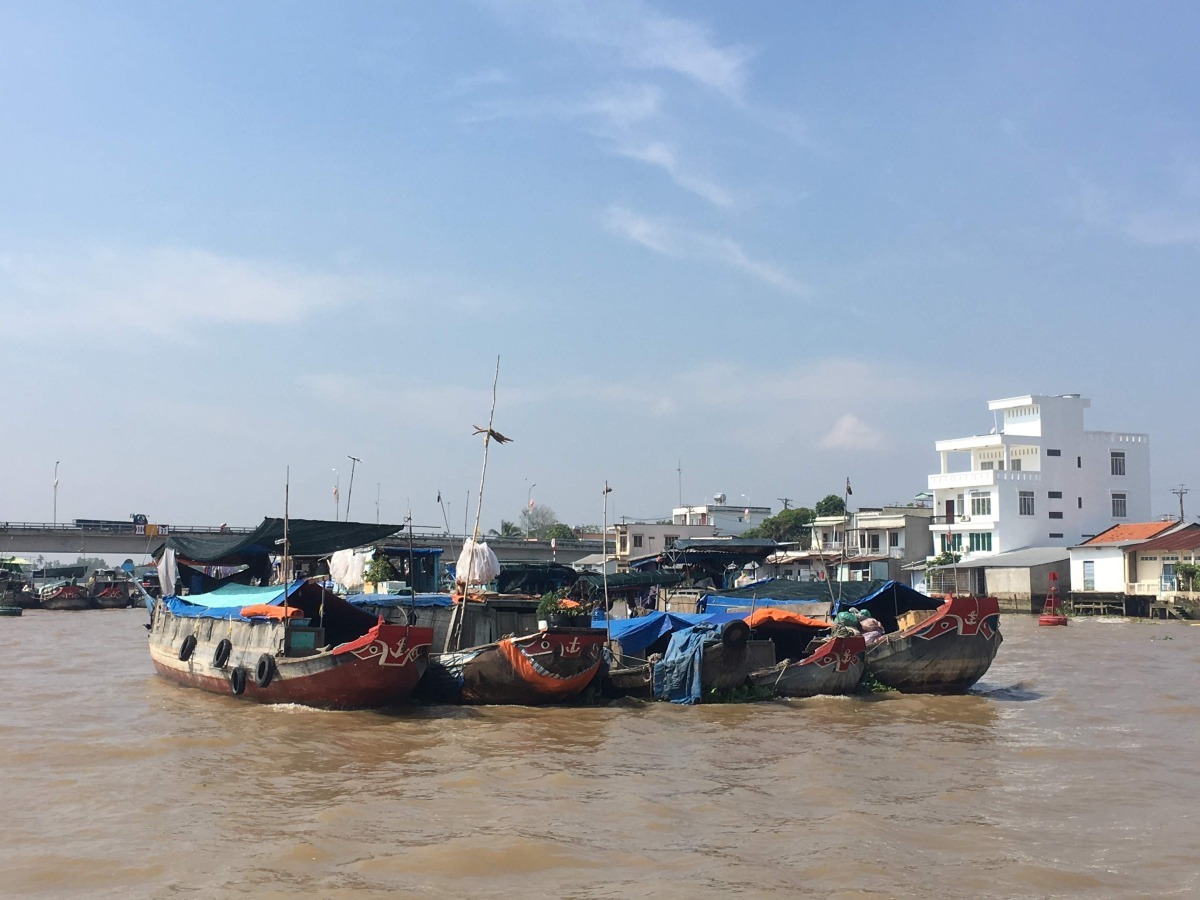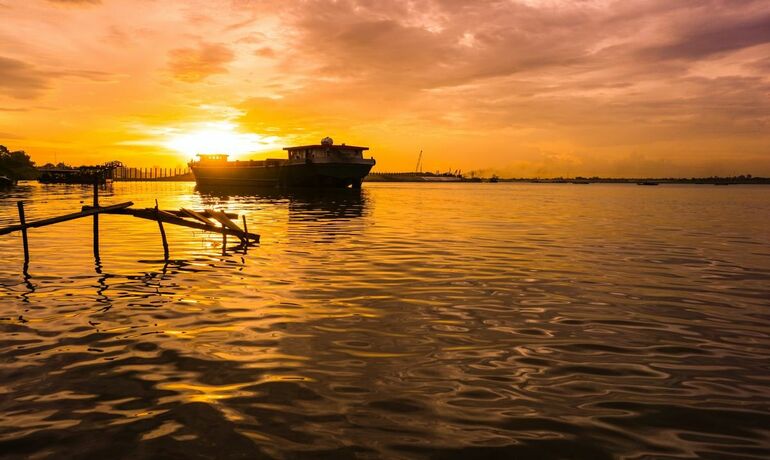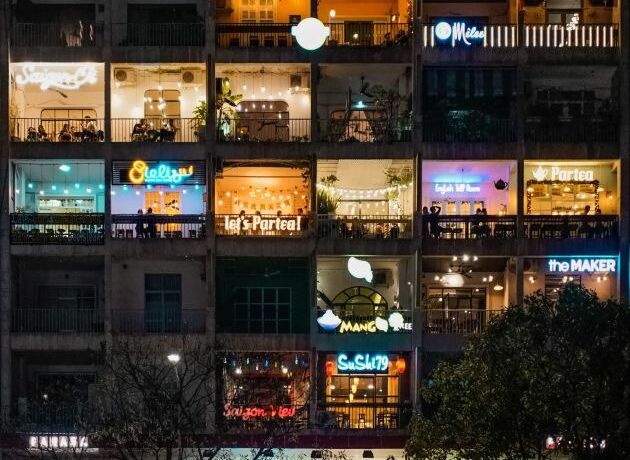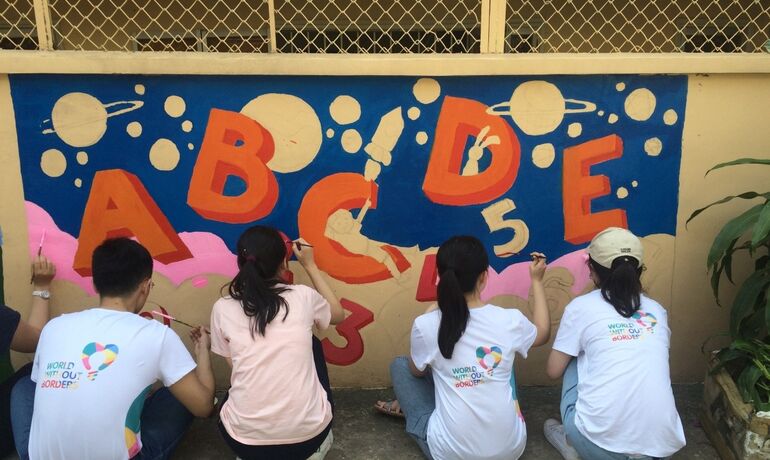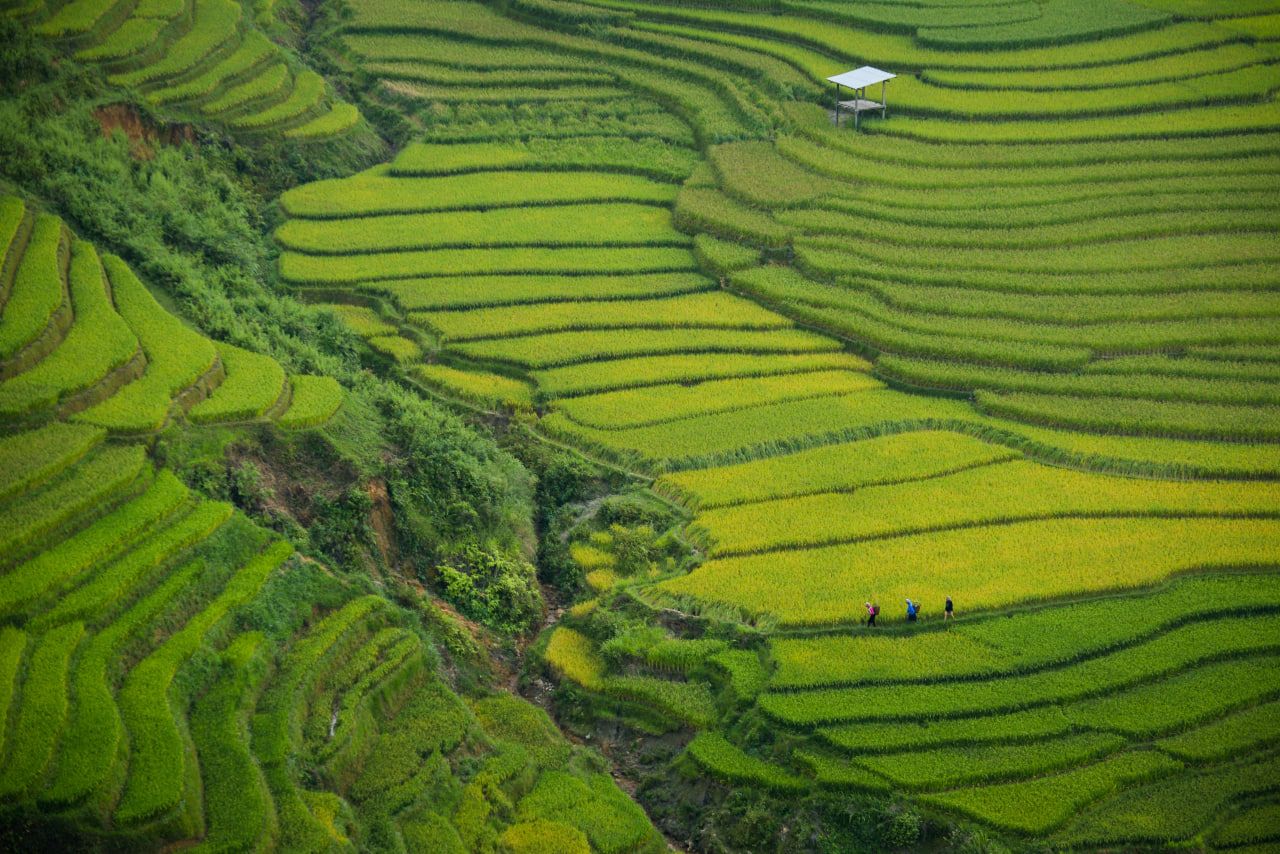Mekong Delta has long been a famous tourist attraction to mass tourism in Vietnam for decades. This South-Western region receives hundreds of trips every day from both local and foreign tourists. The Delta, which includes 12 provinces, attracts 3.4 million visitors in 2018, according to the Vietnam Tourism Association.
With lush greenery stretching across horizontally and bustling floating market, the region has all it needs to provide an optimize habitat not only for human but also for an enormous ecological system. From an economic perspective, the Delta has a profound meaning and provide far-reaching benefits to the tourism and agriculture industry. However, things are changing in the last few decades on a considerably high-concern level, forcing the local out of their living place and threatening the environment.
All because of climate change.
So is there any way we can do to help to fight with climate change? There is certainly a way. However, this is not the question we should ask. Instead, rather than asking how do we do that, an apt question should be, “are we willing to make a change?”
We like to suggest a few ways we did to cope with climate change and help to reduce the negative impact in a long way. Surely, the effort required is monumental, but it is rewarding. What happened to Mekong Delta today can happen anywhere else in the world, especially in vulnerable areas. Now, let’s take a look at these sustainable practices.
Things we can do about climate change
Consume less, waste less
The capitalist economy today has created a consumer culture, in which its focus is on the spending of our money on goods and services. While this culture value immediate acquired satisfaction and provides us more than necessary, we should never take it for granted. There are many kinds of negative impacts on our environment from our daily activities that we are unaware of. Wasting is one of them.
Scivitravel has long adopted several alternatives for our waste management since the first day we started. We selected from a set of priorities of action that help to reduce wastes and implemented them on our trips. Have you heard of the term 3Rs? (Reduce, Reuse, Recycle). We try our best to reduce wastes on our tour by cutting down the number of wastes and find a way to reuse them. Then we recycle them for reuse. This sustainable practice helps us to mitigate the impact on our environment, which leads to the cause of climate change and global warming.
But why should we do this?
Our landfills can only hold a certain amount of trash every day. Therefore, they need to be burnt to make more room if we keep disposing. Carbon dioxin released from burning trash at the landfills is terrible for our environment, which contributes to environmental degradation like climate change, air pollution, etc.
Other suggestions for sustainable practice from Scivitravel include:
- Buy enough foods and stocks while traveling.
- Turn off all the electricity at the hotel when you go out.
Say no to single-plastic use
You have certainly heard this a lot, but it is not easy to stop a habit, especially when that habit is rooted everywhere in our culture. Human is adept at inventing and creating things to make their life easier. However, not every specie is given the same benefit. Worse than that, we are damaging the living environment just for the sake of our convenience. Here is a question:
How difficult is it for you to say “no” to a store clerk when they offer you a plastic bag?
In Vietnam, people love plastic, so much to the point, that store owners can give you as many as you want, sometimes just for storing a small item. It is very common to see PET bottles littered everywhere all over the country. Either these items end up in a landfill for burning, or on the street; there is no doubt that it will cause harm to the environment.
Single-plastic use is never an option in our Scivitravel tours. While we cannot stop our travelers from using plastic, we provide alternatives to lessen it. People, before going on a trip with us are told to cut on plastic by carrying a refillable water bottle to stay hydrated.
Other suggestions for sustainable personal use items from Scivitravel include:
- Bamboo/steel straws.
- Canvas bags for storing.
- Use travel cutlery to replace plastic spoons and folks.
- Toiletry tubes to avoid bringing big-size PET bottles (shampoo, lotions, etc.)
Commune in a green way to reduce your carbon footprints
Climate-polluting emission is one of the main reasons for climate change, in which transportation is among the causes. We certainly cannot ditch our vehicle and go green, but we can diminish the use of it. Carpooling, switching to electric cars, riding a bike to work is a way to go. If you are a frequent flyer, you may look into whether your airlines have the carbon off-setting program. For our travelers, Scivitravel always recommends them to avoid flying at any cost if it’s not necessary. Perhaps not surprisingly, the train is much more of an interesting way to explore a country’s beauty.
In Vietnam, the train system is safe and convenient, running across the country through the spectacular scenery of mountains and valleys. If time is not your concern, consider taking a train for your trip. You will be happy to know the impact of your journey on the environment is much less than other means of transportation.
Other suggestions for sustainable practice from Scivitravel include:
- Take more public transit.
- Avoid taking fly if unnecessary.
- Support local projects to reduce carbon footprints.
Prioritize local food and service
If you think eating local food has nothing to do with climate change, then think twice, because it is not true. We bet that many people will certainly not understand the link between food production and climate change. Each step in the food industry system has an impact on our environment, especially the chain restaurant. There is no point in visiting a country and binge on fast food in restaurants like Mac Donald or Burger King. You should definitely turn to local food products because it not only benefit your health but also give incentives to local businesses. And more importantly, it reduces the effect of food processing and your carbon footprint in our environment.
This is one of the considerations at Scivitravel when we look for partners to collaborate. We prioritize local businesses that emphasize sustainability and responsibility in the long run rather than just a matter of cost-effective. Consider any restaurant using the concept of farm-to-table is also a good alternative.
Other suggestions for turning to local products from Scivi include:
- Try to consume less meat and dairy while traveling.
- Go for a vegan diet if possible.
- Eat local and eat fresh.
Avoid the crowd and go off the beaten track
Places like Mekong Delta receive hundreds of tours every day as a result of mass tourism. Over crowed tourism destination has long been a concern for many countries where the effect of the over-tourism is far-reaching. While this seems unfair to stop you from seeing your dream places, we can suggest you visit it at another less-crowded time in the year.
Over-crowed tourism destination usually has its carbon footprint higher than other places due to the influx of transportation arriving at the site. Avoid the crowd not only minimize these issues but also provide with more experience in a unique way. If you plan to visit Mekong Delta in Vietnam, try to avoid the tourist spots. Instead, you can immerse yourself in the local areas where the you can see the real authentic life of local residents.
Other suggestions for avoiding over crowed tourism destination from Scivi include:
- Visit eco-tourism sites.
- Spend more time in one place.
- Avoid big groups, tour packages to Mekong Delta.
